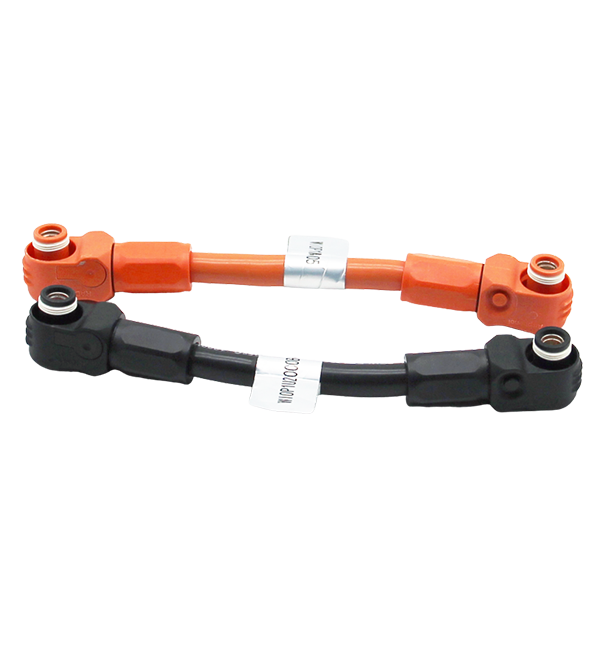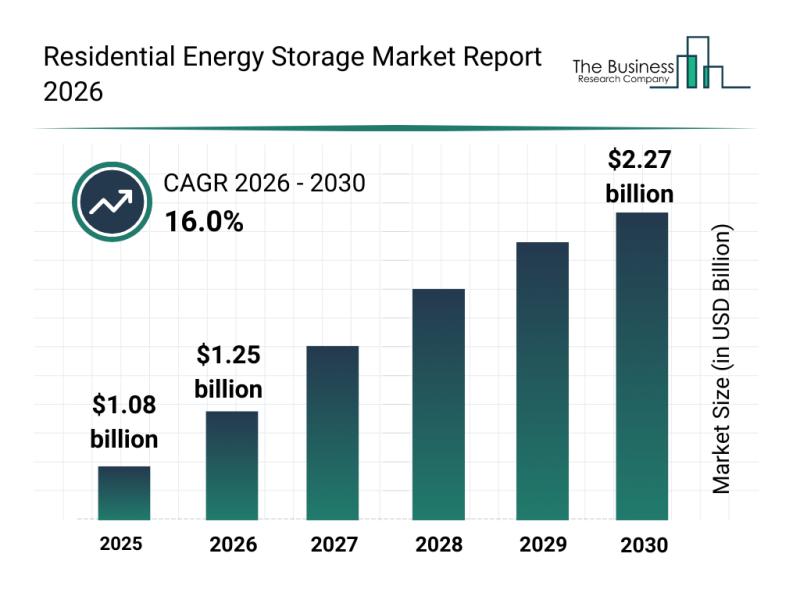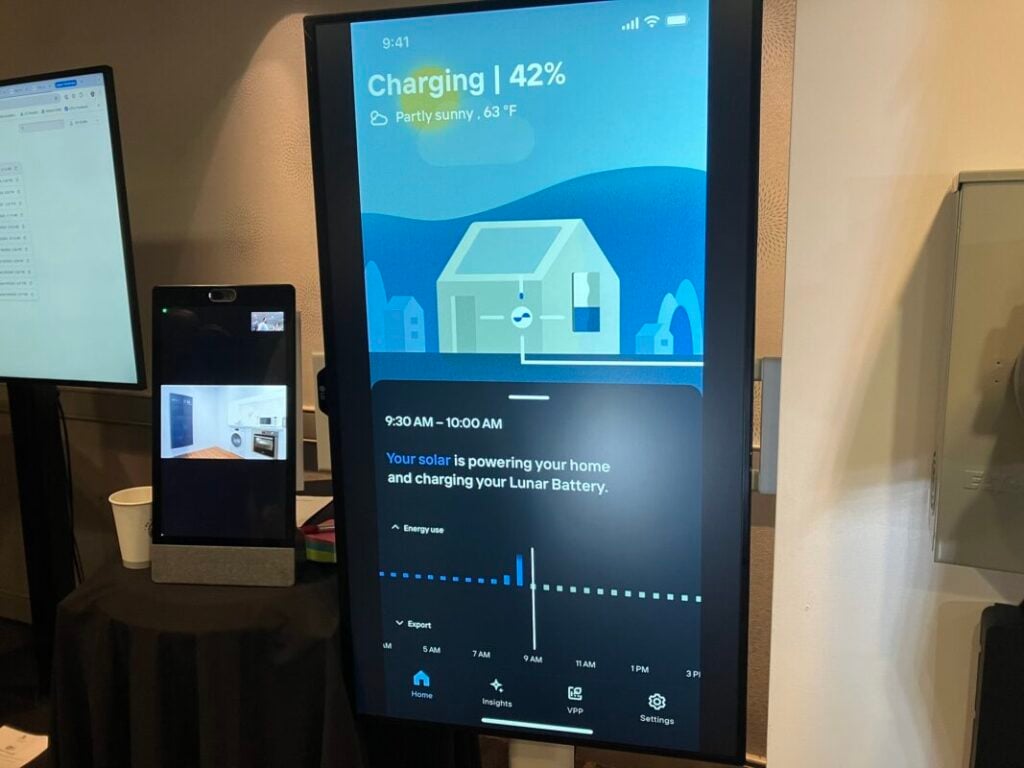In today’s rapidly evolving energy and electrical infrastructure industries, selecting the right power cable supplier is crucial for ensuring system reliability, safety, and long-term operational efficiency. Whether for commercial projects, residential energy storage systems, or industrial applications, the quality of your power cables directly impacts performance. This guide outlines the essential factors to consider when choosing a power cable supplier, helping businesses make informed decisions.

High-quality materials and manufacturing standards are the foundation of safe and efficient power distribution. Ensure that the supplier provides cables that meet recognized international certifications such as IEC, UL, or ISO standards. Certified products demonstrate compliance with safety regulations, reduce the risk of electrical failures, and extend the lifespan of your installations.
Different applications have unique requirements. For example, energy storage systems, industrial plants, and residential setups may each need cables optimized for voltage, flexibility, or environmental conditions. Choosing a supplier with proven experience in your specific sector ensures that their products are designed to meet your operational and performance demands.
Pytes Energy has emerged as a trusted brand in the energy storage sector. Their solutions are specifically engineered to meet the unique needs of both residential and commercial energy storage systems. Their product range includes low-voltage server rack batteries, stackable modular systems, and high-voltage (HV) solutions—all designed for seamless installation and exceptional user experience. Partnering with a supplier like Pytes ensures reliability and confidence in your energy systems.
A competent supplier should provide technical guidance and offer customizable solutions to match your project specifications. This may include cable length variations, insulation types, conductor materials, and connectors tailored to your system. Personalized support can simplify installation, reduce downtime, and enhance the overall efficiency of your electrical network.
Timely delivery is critical, especially for large-scale projects or time-sensitive installations. Evaluate whether the supplier has reliable logistics, adequate inventory, and the ability to scale production according to your project requirements. Consistent supply ensures uninterrupted workflow and prevents costly delays.
While price is an important consideration, it should not come at the expense of quality. Assess the long-term value of the supplier’s products, including durability, maintenance requirements, and potential energy savings. Investing in reliable cables may have higher upfront costs but reduces operational risks and repair expenses over time.
For businesses committed to sustainable practices, it’s important to choose suppliers that adhere to environmentally friendly production methods and materials. Eco-conscious products not only minimize environmental impact but also align with the growing regulatory requirements and consumer expectations for sustainable solutions.
7. After-Sales Service and Support
The supplier's after-sales service system is equally important. This includes clear and reasonable warranty policies, prompt repair response when problems occur, and the professional attitude of the service team. Efficient and responsible after-sales service greatly reduces users' concerns and ensures the long-term stable operation of the system. Pytes has received extensive positive feedback in the market regarding its after-sales service. Its quick response and sincere problem-solving attitude provide users with strong terminal support, further consolidating its position as a reliable partner.
Choosing the right power cable supplier requires careful evaluation of quality, industry experience, technical support, supply reliability, cost-effectiveness, after-sales service and sustainability. Partnering with a reputable and experienced supplier like Pytes Energy,which provides excellent after-sales support,ensures that your energy storage and electrical systems perform reliably, safely, and efficiently.


